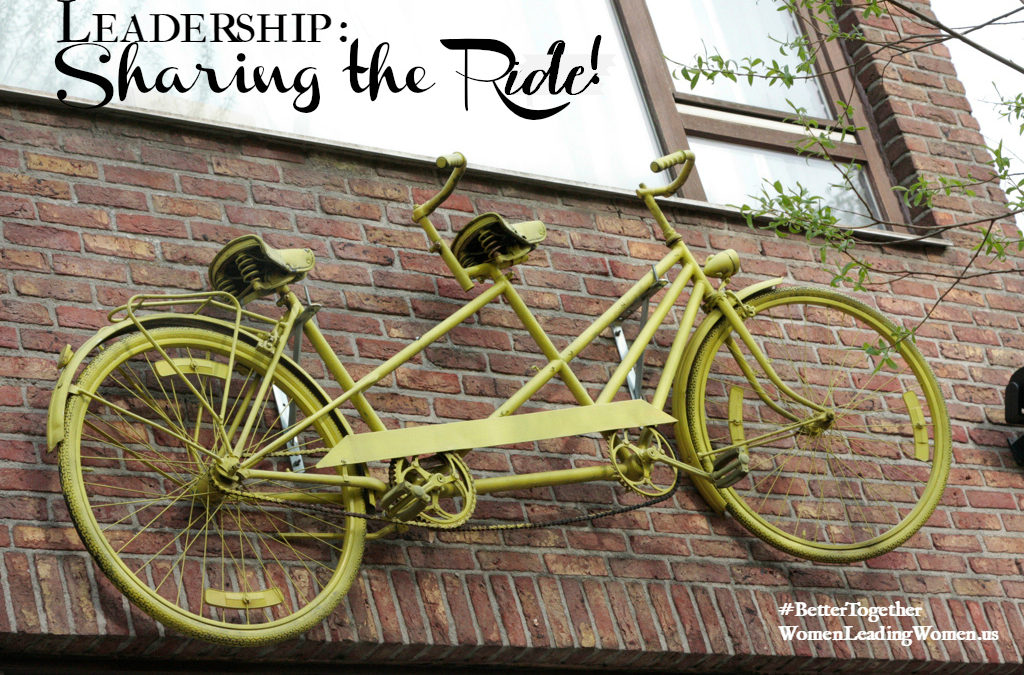Guest Contributor: Lisa Easterling
I’ve found myself in Exodus a lot lately, and this past weekend had me wandering around in the desert alongside Moses and the Israelites. I wandered in just in time for a visit from Moses’ father-in-law, and thanks to my Pastor, Matt Roden, I walked out a little lighter.
Moses led over hundreds of thousands of people, trekking through the desert going God-knows-where (and He did). And then there’s Jethro, Moses’ father-in-law, and I joined the conversation with these two right after the initial pleasantries and story-swapping, when up pops the inevitable in-law advice.
Mine was a sheepish grin as the pastor described that part, recalling times when my own in-laws shared advice I haven’t always taken with the gentlest spirit.
Jethro shared his concern that Moses was trying to do too much alone, carry too much on his own shoulders. I imagine a disbelieving Moses said something like, “Well, what am I supposed to do? All these people are looking to me, so it’s up to me to do it all!”
Oh, Moses. How I can relate.
Jethro gently shared a better plan with Moses, suggesting that he set up leaders over larger groups, and having those leaders set up leaders under each, on down to groups of ten. But Moses worried that in sharing those responsibilities he would be losing control.
It can be hard to give up control when we feel like so many depend on us.
In his efforts to be a good steward of the enormous responsibility to which God had entrusted him, Moses feared he would lose his gauge on what was happening under his leadership unless he did it all.
I wonder if you’ve ever felt that way. {I sure have!}
With managing our homes or our children or our ministry, work, and play, our shoulders might sometimes feel weighted down with more than we can feasibly bear, yet we fear setting anything down.
“But they are depending on me!”
Indeed, they may be, but we simply aren’t called to do it alone.
Fortunately, Moses was humble enough to put Jethro’s advisory plan into action, and it worked. Moses ultimately remained the go-to guy, but the shared burden of responsibility allowed him to breathe, to rest, to know a peace that allowed him to truly lead well without burning himself out in the process.
Because accepting help from others isn’t a sign of weakness and burned out encouragers are unable to effectively lead anyone.
One thing I’m learning—not just from Exodus, but from my own life—is that empowering and equipping others to help us not only lightens our own load but allows others to live into their own God-purpose. What if, in extending the invitation for others to join us where God is working, we allow their gifts to be explored and validated?
Working with others has it’s advantages. Instead of carrying the burden of an overflowing to-do list and constantly going it alone, what if we use this opportunity to become validators? What if we learn to recognize and support the value of others by letting them be helpers?
Deeper Still: Is it hard for you to release the need to do everything yourself?
 Lisa Easterling is a middle school teacher, mentor to young wives and moms, and mother to five children. Her heart is to pass along to others what God has done and is doing, preferably in ways that involve sweet tea, warm soup, and lots of humor. She is the author of A Beautiful Life: An invitation to Truly Live and Fight Like a Girl: 7 Enemy Weapons Formed Against Us and a Battle Plan for Victory.
Lisa Easterling is a middle school teacher, mentor to young wives and moms, and mother to five children. Her heart is to pass along to others what God has done and is doing, preferably in ways that involve sweet tea, warm soup, and lots of humor. She is the author of A Beautiful Life: An invitation to Truly Live and Fight Like a Girl: 7 Enemy Weapons Formed Against Us and a Battle Plan for Victory.









